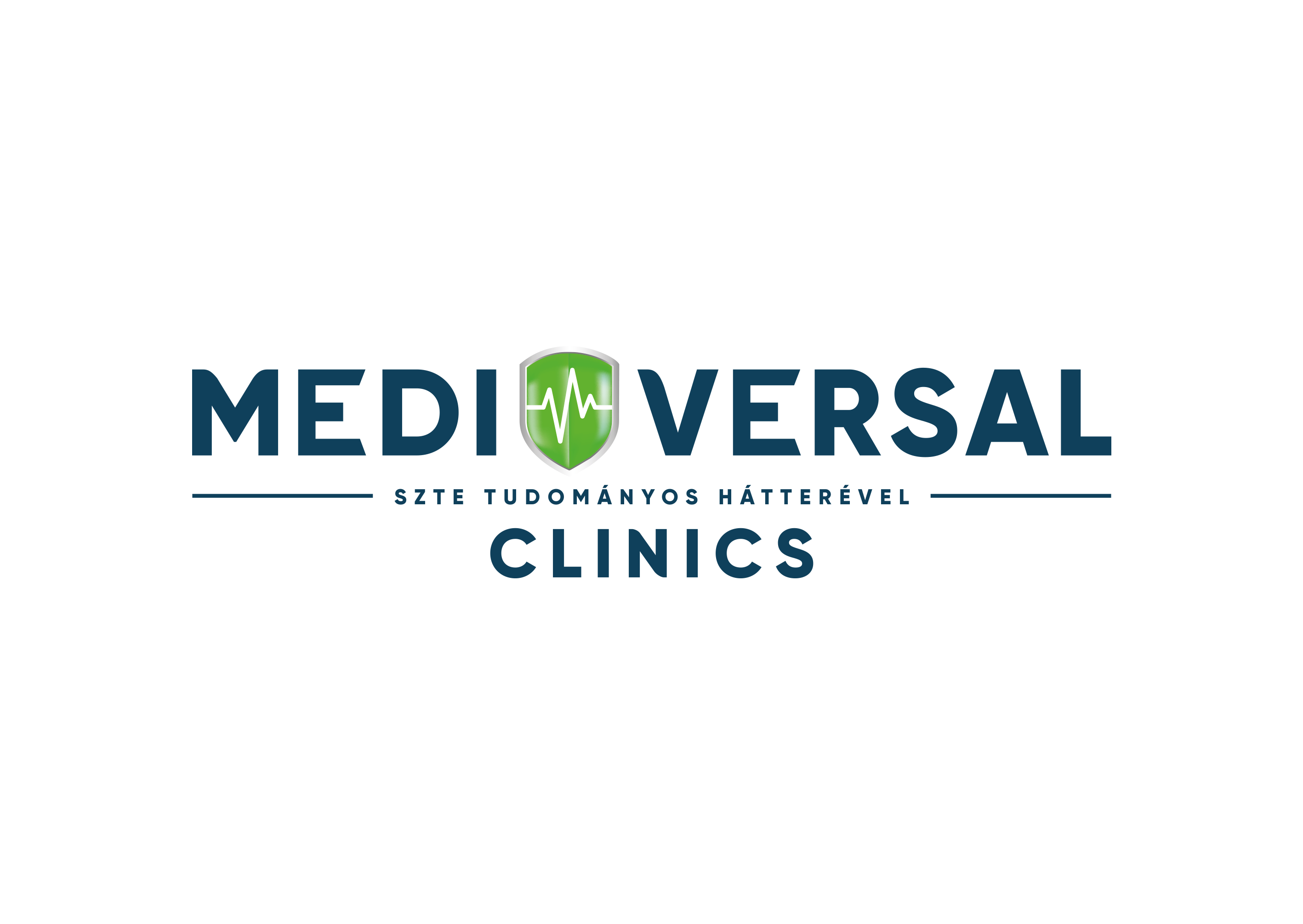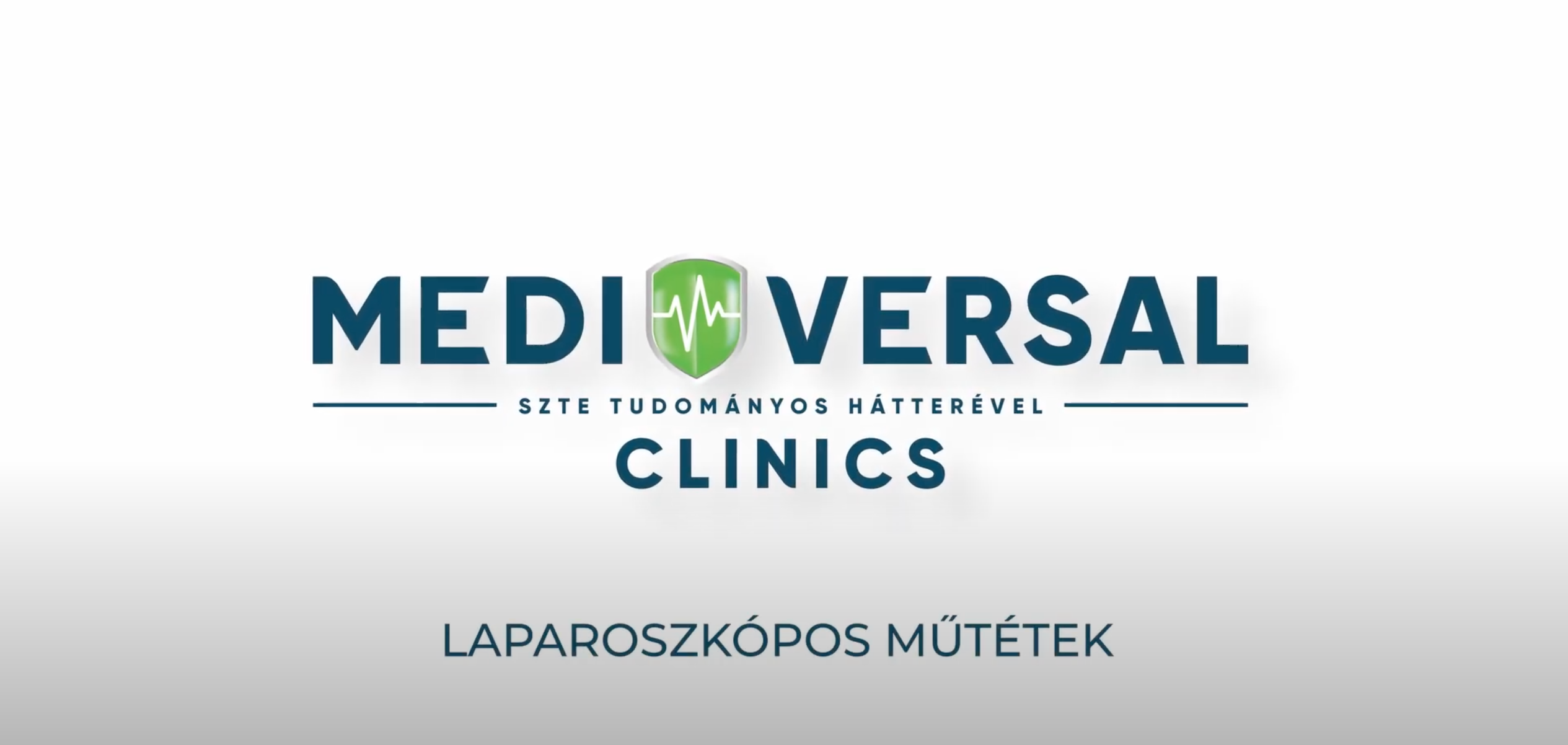Was laparoscopic surgery recommended by your doctor? Some important information are summarized here about preparation for the intervention, process of the surgery and details of the postoperative care. Laparoscopic surgery is currently one of the most advanced interventions in medicine, which helps treating various abdominal and thoracic problems, and may significantly improve quality of life and healing process.
Laparoscopic biliary surgery
Structure of the gallbladder
The gallbladder is located under the liver, and it stores bile produced by the liver. Bile breaks down lipids during digestion. When the food enters the small intestine, the gallbladder contracts to release bile through the common biliary duct into the small intestine.
About laparoscopic removal of the gallbladder:
Laparoscopic removal of the gallbladder is a minimally invasive surgical intervention mainly used for treatment of gall stone or cholecystitis. During the intervention, a small camera (laparoscope) is inserted into the abdomen, which allows the surgeon to examine the gallbladder from the inside and perform different interventions using surgical instruments. When may this kind of surgery be necessary?
- Gallstones: Gallstones within the gallbladder cause pain and inflammation, which are treated with laparoscopic removal.
- Cholecystitis: Inflammation of the gallbladder causing chronic pain and swelling, and may need surgical intervention.
- Polyps: Polyps in the gallbladder that may need removal due to their size or when they cause symptoms.
- Functional disorders: Dysfunctions of the gallbladder that may require removal of the gallbladder.
Answers from the doctor – What is a laparoscopic biliary surgery?
How are laparoscopic surgeries performed?
01
02
03
04
05
06
More information
How to prepare for surgery?
Even though laparoscopy is a routine intervention, the patient should have previous evaluations for safety reasons, such as laboratory and urine testing, and internal medicinal or other consultations, if necessary. You may have a light dinner in the evening before the surgery, but eating and drinking is prohibited from midnight – except when you take your regular medicines with a sip of water.
You need to have someone to take you home after the surgery, and you have to prepare your home to help your recovery. You must provide a comfortable spot for resting and aids for the physiotherapy.
What to do after laparoscopic surgery?
Postoperatively, on the day of the operation (if the operation is performed in the morning, or the next morning if it is in the afternoon), the patient is able to sit on the edge of the bed, stand up and start rehabilitation exercises with the help of the physiotherapist.
The hospital stay is usually 3-5 days and the stitches are removed on the 10th-14th day after surgery. Physical rest is important for a few weeks after returning home, then you should only gradually return to your previous activity level.
When you return home, you can expect to be able to eat and drink pain-free and walk unaided. A full recovery takes about a week, and in the case of open surgery, the stitches are removed at this time. After the operation, a strict diet is essential.
It is also important that the patient attends regular check-ups so that the doctor can monitor the progress of the healing process.
What are the advantages of a laparoscopic surgery?
The advantages of a laparoscopic surgery include smaller incisions, quicker recovery, less pain and less scarring. Also, patients can resume their everyday tasks and their jobs sooner. The smaller access sites decrease the risk of postoperative infections and hernia development, and the patient usually spends less time hospitalised, which also contributes to quicker healing and return to normal life.
What are the risks of this surgery?
A laparoscopic surgery is less invasive than traditional surgeries, however, it still involves some risks. These risks include infections, bleeding, injury to the abdominal organs, and surgical complications, such as injury to the tissues and nerves. Further complications may include postoperative pain and inflammation, and development of thrombosis. To avoid any postoperative complications, appropriate medical supervision and following the postoperative rehabilitation program is important.
In case any complications develop during/after the surgery, and it is necessary, care will be provided at Szent-Györgyi Albert Medical Center – Emergency Care Unit, for a fee.
Who is eligible for a laparoscopic surgery?
Laparoscopic surgery is recommended for patients with gallbladder problems, such as gallstones, cholecystitis or other gallbladder lesions. The eligible patients usually are in a good general health and are capable to react well to postoperative rehabilitation. The treating physician decides whether it is the most appropriate intervention for a patient, according to prior tests and opinion of an anaesthesiologist. Patients with no severe heart or lung diseases, and no significant abdominal surgeries in their medical history, generally tolerate laparoscopic interventions well.
Premium environment – Introducing our Clinic and wards
Have a look at our photo gallery, where you can get an insight into the modern wards at our Clinic and the comfortable environment we offer our patients. These photos show our state-of-the-art equipment, which facilitates faster recovery and more efficient rehabilitation. Take a virtual tour of our wards and become acquainted with the conditions that contribute to the high-level care and recovery of our patients.
Doctors:

- General surgery
- Breast surgery
- Gastroenterology surgery
- Endocrinology surgery
- Minimally invasive surgery
Language skills
- English

- Thoracic surgical procedures
- Lung diseases
- Specialist consultations
- Acute and elective surgical procedures
- Consultations on minimally invasive and open surgical techniques
- Consultations on surgical treatment of thyroid diseases
Language skills
- English

- Breast surgery (removal of palpable and non-palpable breast tumours, sentinel node biopsy)
- Minimally invasive surgical procedures (laparoscopic biliary surgery, treatment of reflux disease, laparoscopic removal of benign and malignant colon tumours)
- Gastric and oesophageal surgery
- General surgery (thyroid, abdominal hernia, etc.)
Language skills
- English

- Reflux disease
- Treatment of oesophageal disorders
- Benign and malignant tumours
Language skills
- English
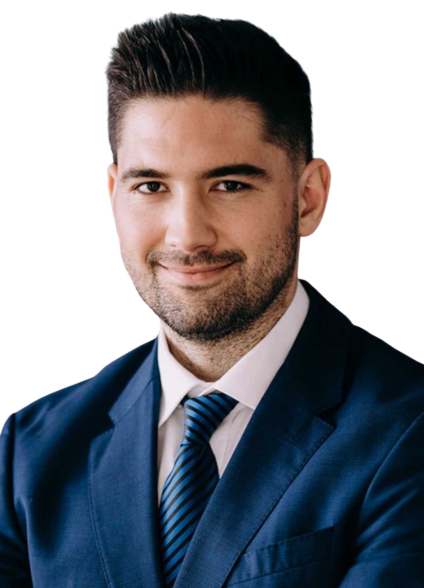
- Skin and subcutaneous lesions (e.g. pigmented mole, atheroma, lipoma, fibroma, ingrown toenails)
- Gallbladder stones, gallbladder polyps
- Inflammatory (e.g. ulcerative colitis and Crohn’s disease), benign (e.g. sigmoid diverticulosis, endometriosis), and malignant diseases of the large and small intestine (colon cancer)
- Benign and malignant diseases of the rectum and anus (e.g. rectal polyps, rectal fissures, haemorrhoids, rectal cancer)
- Other abdominal disorders (mesenteric cysts)
- Pilonidal sinus (sacral cysts)
- Complex diagnostics of faecal incontinence (including 3D rectal ultrasound)
- Chronic wounds and advanced wound treatment procedures, including modern dressings and negative pressure wound therapy (NPWT)
Treatments and surgical techniques used by the doctor
“The treatment of body surface processes (e.g. atheroma, lipoma, ingrown toenail) is performed under local or general anaesthesia in outpatient settings.
In the case of abdominal lesions (e.g. gallstones, inguinal hernias, colon tumours), I perform surgery under general anaesthesia, usually using a minimally invasive technique (laparoscopy), which is much less stressful for the patient and ensures a shorter recovery period after surgery.
Patients with proctology complaints undergo complex proctology examinations (detailed patient history, anoscopy, rectoscopy, rectum ultrasound), with therapies ranging from medically assisted treatments to small procedures performed in ambulatory settings (e.g. ringing of internal haemorrhoids, dissection, excision, threading) as well as procedures that can be performed under general anaesthesia (e.g. haemorrhoids, rectal polyps, surgical repair of fistulas).
Just as in abdominal surgery, I strive to use modern, minimally invasive solutions (sphincter-sparing, non-tissue-removing surgery and DG-HAL-RAR) in proctology, with maximum consideration for quality of life factors.”
Language skills
- English

- Consultation
- Ambuláns műtétek
- Treatment of ingrown toenails
- Removal of lipomas
- Removal of atheromas
- Removal of moles (naevus) and other skin lesions following dermatological consultation
- Proktológiai diagnosztika, terápia
- Aranyérbetegség
- Végbélrepedés
- Végbél sipoly és tályog
- Végbéltájéki növedékek – polip, condyloma
- Epekövesség
- Sérvek
- Pilonidalis cysta
- Sebkötözés, gondozás
Language skills
- English
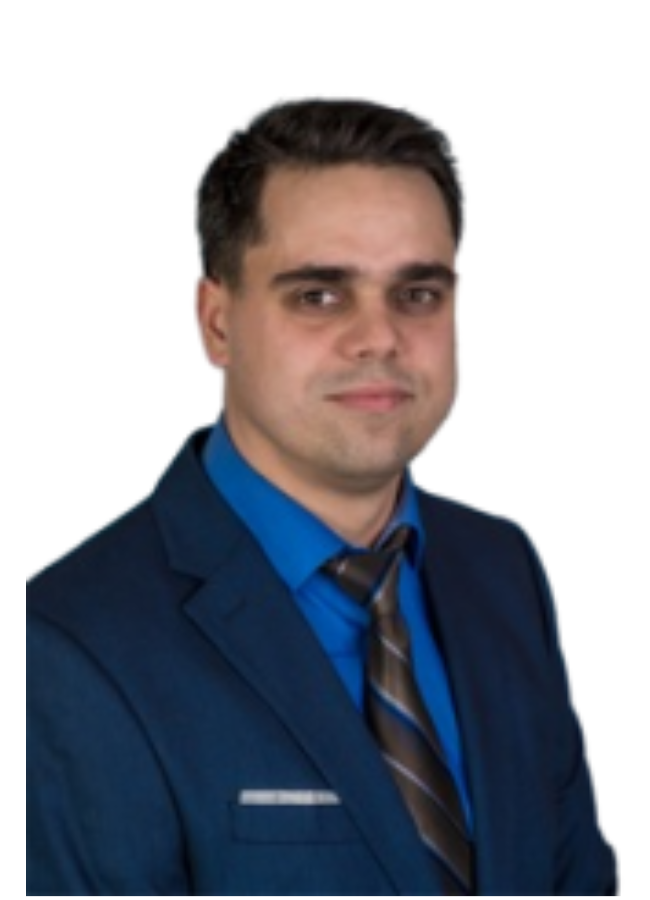
Expertise
- General surgery
- Minimally invasive surgery for hernias
Language skills
- English
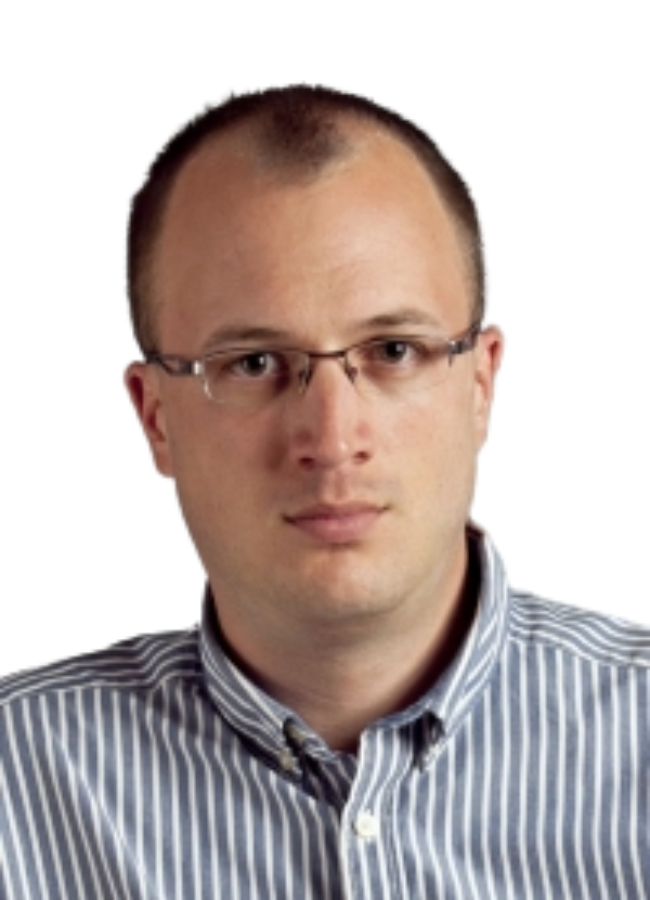
Specialities
- Endoscopic procedures (colonoscopy, polypectomy)
- Abdominal wall hernia surgery
- Umbilical hernia surgery
- Unilateral or bilateral inguinal hernia surgery
- Diseases of the bile ducts
- Laparoscopic/gastroscopic biliary surgery
Language skills
- English
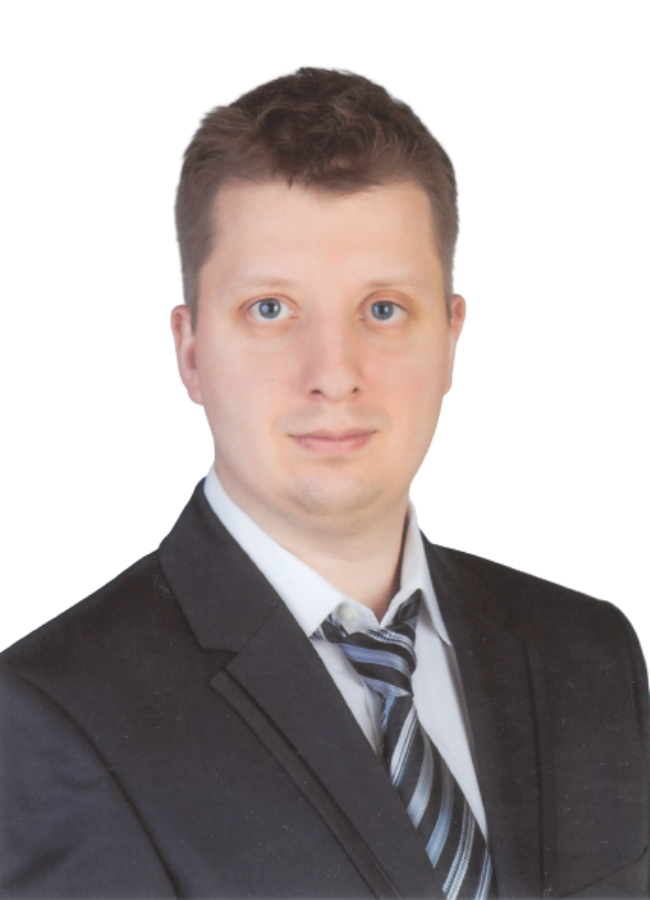
Specialities
- Abdominal wall hernia surgery
- Umbilical hernia surgery
- Unilateral or bilateral inguinal hernia surgery
- Diseases of the bile ducts
- Laparoscopic/gastroscopic biliary surgery
- Ulcerative colitis and colorectal cancer surgery
- Gyulladásos bélbetegségek
Language skills
- English

- Abdominal, inguinal, and umbilical hernias
- Diseases of the gallbladder and bile ducts, gallstones
- Tumour surgery: stomach, colon, and rectal tumours
- Benign proctology diseases: haemorrhoids, rectal fistulas, rectal abscesses, dermoid cysts
- Breast surgeries for non-malignant tumors
- Subtotal (almost total) and total mastectomy due to malignant tumor
Language skills
- English
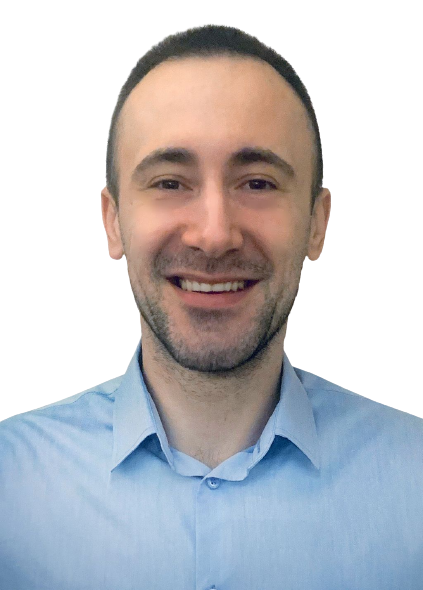
- Proctology diagnostics and interventions (haemorrhoids, rectal rupture, rectal fistula and abscess, rectal growths - rectal polyp, condyloma)
- Surgeries for thyroid and parathyroid diseases
- Minimally invasive laser haemorrhoid surgery (DG-HAL-RAR surgery)
- Haemorrhoids node resection
- Lipoma (fat tumour) removal
- Removal of atheroma (plaque)
- Thoracic surgical procedures (thoracotomy and VATS technique)
Language skills
- English
- German

Expertise
- Breast surgeries for non-malignant tumors
- Subtotal (almost total) and total mastectomy due to malignant tumor
- Diseases of the large intestine (stoma closure, tumors)
- Stoma closure
Language skills
- English

- Liver surgery
- Biliary surgery (gallbladder, bile duct fatty deposits)
- Open and laparoscopic hernia surgical procedures
- Diseases of the large and small intestine
- Excision of skin malformations and subcutaneous lesions
- Treatment of ingrown toenails
- Haemorrhoids and anal fissures
Language skills
- English

About our clinic
Mediversal Egészségügyi Szolgáltató Kft. is a private healthcare facility owned entirely by the University of Szeged. Thanks to our unique clinical background, the outpatient and inpatient care we provide and the laboratory and imaging diagnostics we offer are performed by internationally renowned specialists in their fields who are at the forefront of research and innovation, supported by highly experienced staff. In addition to the excellent professional staff, our well-equipped facilities, quality hotel services, and, first and foremost, the customer-centric, personalised care we provide guarantee a complete healing experience.
Make an appointment